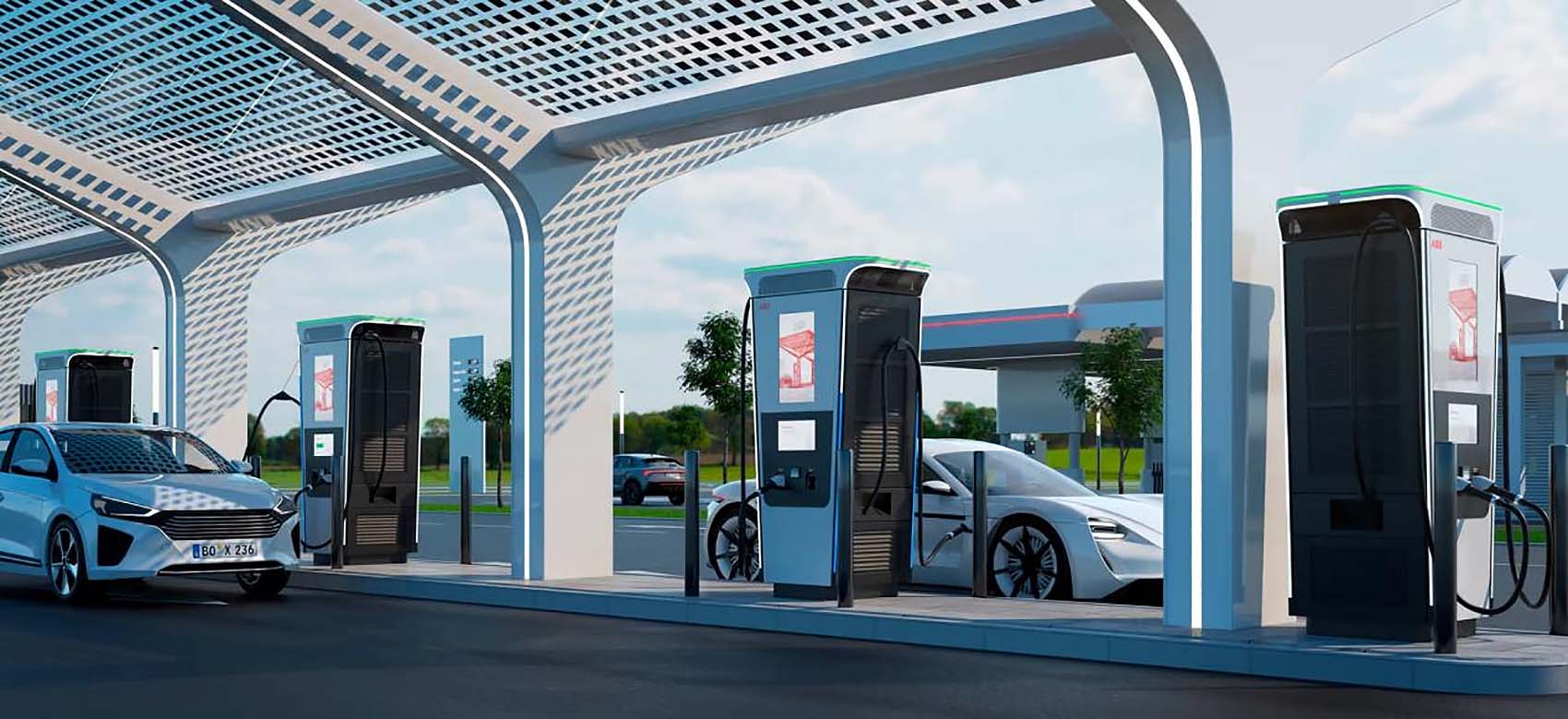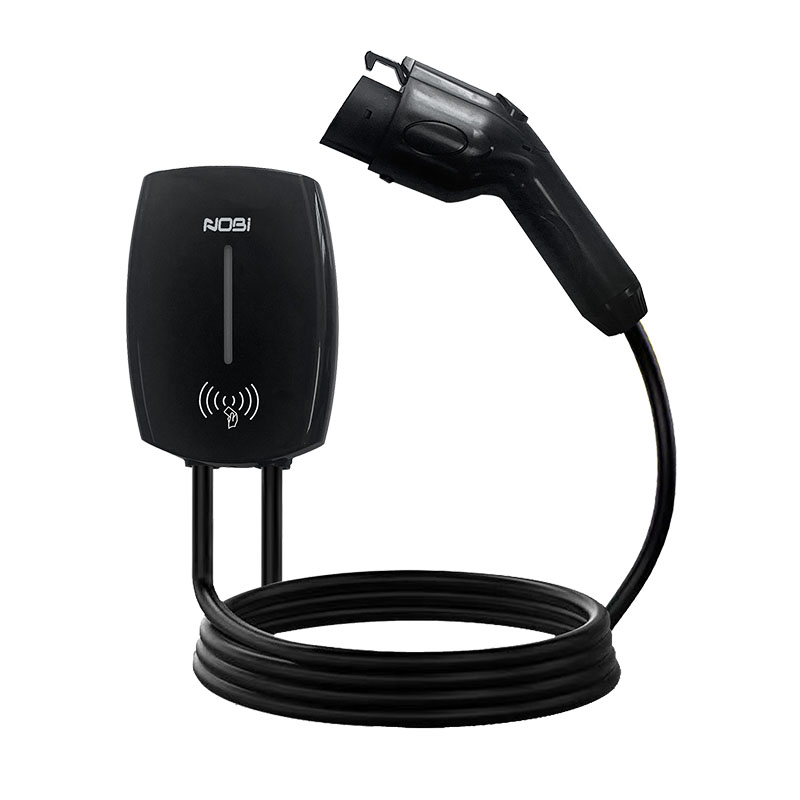The Truth About Workplace Electric Vehicle Charging

The Truth About Workplace Electric Vehicle Charging
Workplace charging for electric vehicles (EVs) is gaining popularity as EV adoption rises, but it isn't mainstream yet. Most EV charging happens at home, but workplace solutions for charging are becoming more important for many reasons.
"Workplace charging is a popular feature if it is provided," said Jukka Kukkonen, Chief EV Educator and Strategist at Shift2Electric. Kukkonen provides information and consulting for workplace charging setups and operates the workplacecharging.com website. The first thing he looks for is what the organization wants to accomplish.
There are several reasons to offer workplace EV charging solutions, including:
● Support corporate green energy and sustainability initiatives.
● Offer a perk to employees who need charging.
● Provide a welcoming amenity to visitors.
● Maximize business fleet management and reduce costs.
Support for corporate green energy and sustainability Initiatives
Companies may want to encourage their employees to start driving electric cars to reduce fossil fuel use and emissions. By offering workplace charging stations they are providing practical support for the shift to EV adoption. Support for EV adoption may be an overall corporate value. It may also be more strategic. Kukkonen offers the following example.
A large company with many employees might find that their office staff commuting to work creates more carbon emissions than the office building itself. Whereas they might be able to drop 10% of building emissions by being very energy efficient, they would accomplish far greater reductions by convincing their commuting staff to go electric. "They might find that they could reduce energy consumption by 75% if they can get all of the people who come to the office to drive electric." Having workplace charging available encourages that.
The visibility of electric vehicle charging stations at the workplace has another impact. It creates an on-site EV showroom and fosters conversation around EV ownership. Said Kukkonen, "People see what their coworkers are driving. They ask their colleagues about it. They get connected and educated, and EV adoption accelerates."
Perks for employees who need charging
As mentioned earlier, most EV charging happens at home. But some EV owners lack access to home charging stations. They may live in apartment buildings without charging infrastructure, or they may be new EV owners awaiting installation of a charging station at home. Workplace EV charging is a highly valued amenity for them.
Plug-in hybrid electric vehicles (PHEV) have rather limited electric ranges (20-40 miles). If a round trip commute exceeds its electric range, charging at the workplace makes it possible for PHEV drivers to keep driving electric on the way home and avoid using their internal combustion engine (ICE).
Most fully electric vehicles feature ranges in excess of 250 miles on a full charge, and most daily commutes are far below that threshold. But for EV drivers who find themselves in a low charge situation, having the option to charge at work is a true benefit.
Workplace EV charging welcomes guests
Visitors may need charging for all the same reasons as employees. Offering this service not only provides a benefit to them, it also showcases the organization’s support of green energy and sustainability.
Maximize business fleet management, reduce costs
Whether fleet charging happens at night or during the day, electric vehicles offer cost savings, greater convenience and reduced maintenance over gasoline-powered vehicles. Businesses around the world are switching to EV fleets for these reasons.
Other workplace electric vehicle charging considerations
Kukkonen recommends workplace charging to have a fee. "Make it just a bit higher than charging at home." This reduces the incentive for employees who have home chargers to use workplace EV charging solutions unless they really need it, in which case the slightly higher cost is worth it for convenience. Applying a fee ensures better availability of charging stations for those who need them. He advises that even by charging for their use, workplace EV charging stations don’t recover much cost. "It's more of an amenity. Don't expect to make a profit from it."
Installing EV charging stations is more straightforward for businesses that own their property. Businesses that lease must ask building owners about installing charging infrastructure. In most cases, Kukkonen believes building owners are receptive to the upgrade. "It's an important amenity not only for keeping the current tenant happy, but also for any future tenants."
Furthermore, ordinances and codes supporting EV readiness are becoming commonplace across the continent. Developers may be required to have a certain number of parking spaces EV ready. Running conduit to charging areas to enable capacity is the most expensive part of installing EV charging stations. "When the new building is under construction or having major remodeling, if they add the infrastructure at that time, they'll lower the expense dramatically for the installation."
For organizations considering installing workplace EV charging solutions, many resources are available. Utility companies typically offer incentives and support for adding charging, and tax incentives may also be available. Learn more about workplace EV charging stations offered at Nobi EV Charger.
Post time: Jan-05-2023











